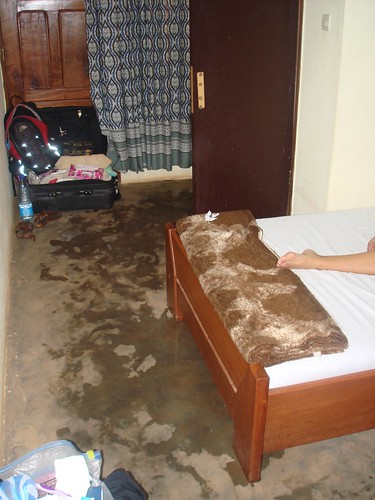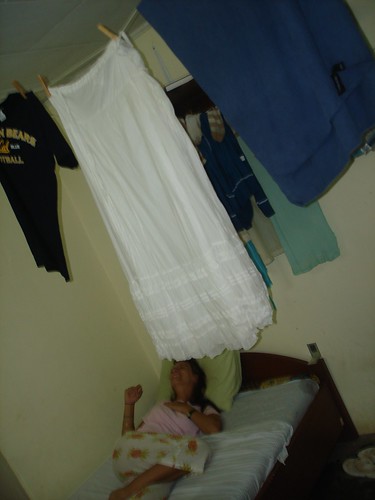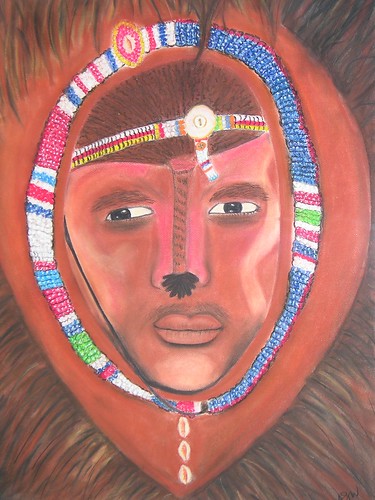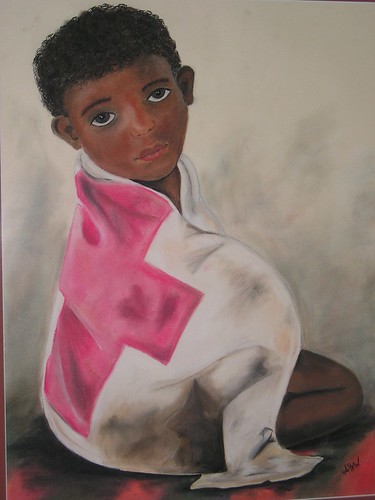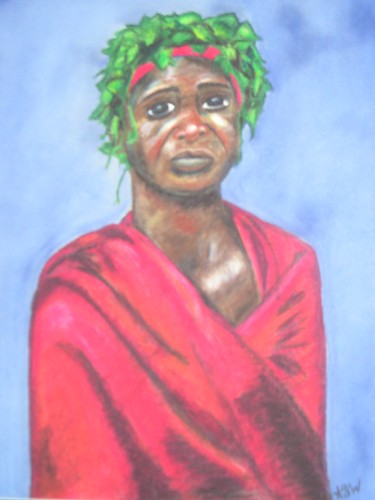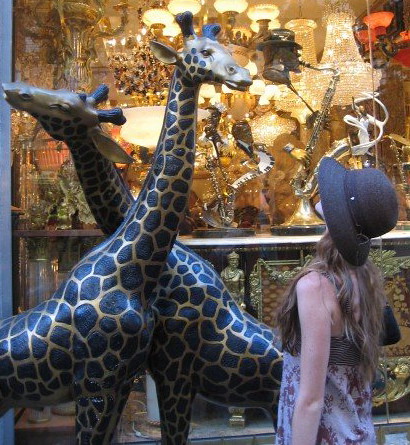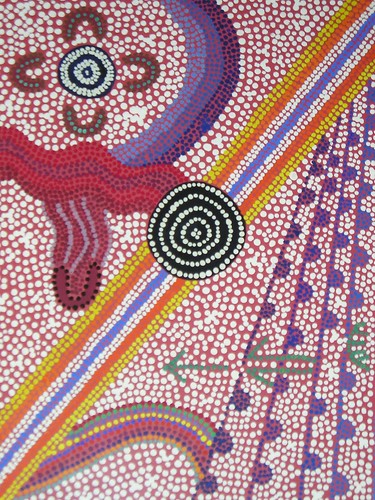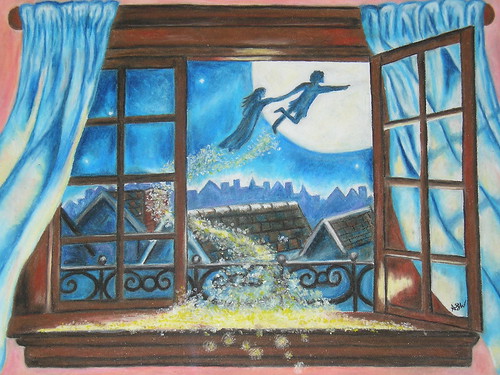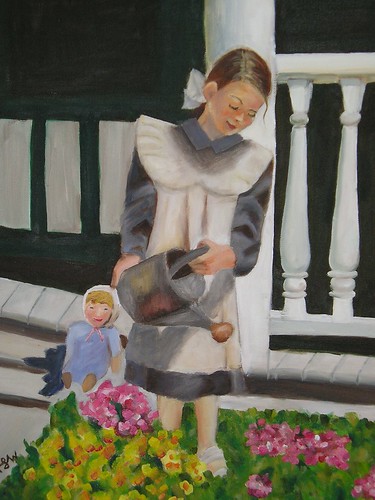This past week, I had the privilege of hearing Robert Reich (renowned economist and Secretary of Labor under Clinton) speak. He began by describing how he initially met Bill Clinton (age 22 at the time) and how he had introduced him to Hillary Rodham on their first day of law school. He proceeded to present to us “A speech made up of what a candidate would say if he did not care about becoming president.” The following he said is “what candidates should say if we were in the kind of democracy where citizens were honored, educated and could separate myth from reality.”
Standing at a height of 4ft. 10in., with a staggering presence, he began his presidential parody…
“Thank you sooooo much for coming this afternoon. Let me tell you a few things….
1. Foreign Policy: Iraq is a quagmire. Whatever I do will cause problems. It will not only be expensive, but it may cause even more sectarian violence. There is no good solution. Period.
2. Health Care: We are the only healthcare system in the world that is designed to avoid sick people. I will try and reorganize it so that it is more amenable to treating sick people, but you young healthy people are going to have to pay more. Oh, and all you older people, we are not going to give you the technology and drugs to keep you alive for those extra last couple of months – its just too expensive – so we are going to let you die.
3. Global Warming: I am going to implement a Carbon tax, which will cost you a lot of money for gas. For everything. For all your energy needs.
4. Education: We have a huge educational problem that starts with early childhood education - there isn’t any. We have to do it. We have to pay for it. If we want talented teachers, we have to pay them more – but that’s going to cost you more in taxes.
5. Jobs: I know many of you middle class, manufacturing workers are worried about your jobs. Well, let me tell you something, if you are a routine worker, your job is going to go abroad or it will be done by software in the next couple of years. You will lose your job and there is not a lot I can do about it. In addition I will expand the earned income tax credit since minimum wage doesn’t really work. I will help people at the bottom earn more, but it will cost you more money in taxes.
6. Medicare: We need to get control over Medicare and make sure that it can pay for itself.
7. Global Poverty: The one major thing we can do is reduce agricultural subsidies. Developing nations can’t get out of poverty because they cannot export agriculture to the United Sates. The crops of poor nations are not competitive internationally. If we want to do something about global poverty we have to get rid of these subsidies.
Thank you very much.”
He described the aforementioned points as the “sacred cows that are politically untouchable”. It is an unlikely occurrence when politicians can tell the truth and still get elected. Voters just aren’t willing to hear or understand the truth. Reich discusses four main burdens both politicians and leaders must over come in order to encourage the public to take action and progress social change:
1. Denial – “there is no problem”
2. Escapism – “In my little gated community, it’s not a problem”
3. Scapegoating – “We may have problems, but they are all because of ...
4. Cynicism (the most devastating) – “Nothing can be done”
There are so many young people today that feel helpless - That the word is corrupt and there is no use in trying to change anything - That politics is a game plagued by fraud and deceitfulness - That politicians will never be honest about what is happening in our world - And that somehow rejecting politics all together is actually making a statement. Reich warns that “one of the biggest barriers to change that you as future leaders, hopefully, will be helping to overcome is widespread cynicism of democracy. Politics is the applied form of democracy. If you hold your nose and reject politics you are indulging in that kind of cynicism.”
Educate yourself, demand and fight for the truth, acknowledge that something can be done, and don’t take no for an answer.
* You can listen to Robert Reich's lecture (including Q&A) on Itunes. Search: Robert Reich Fall 2007
